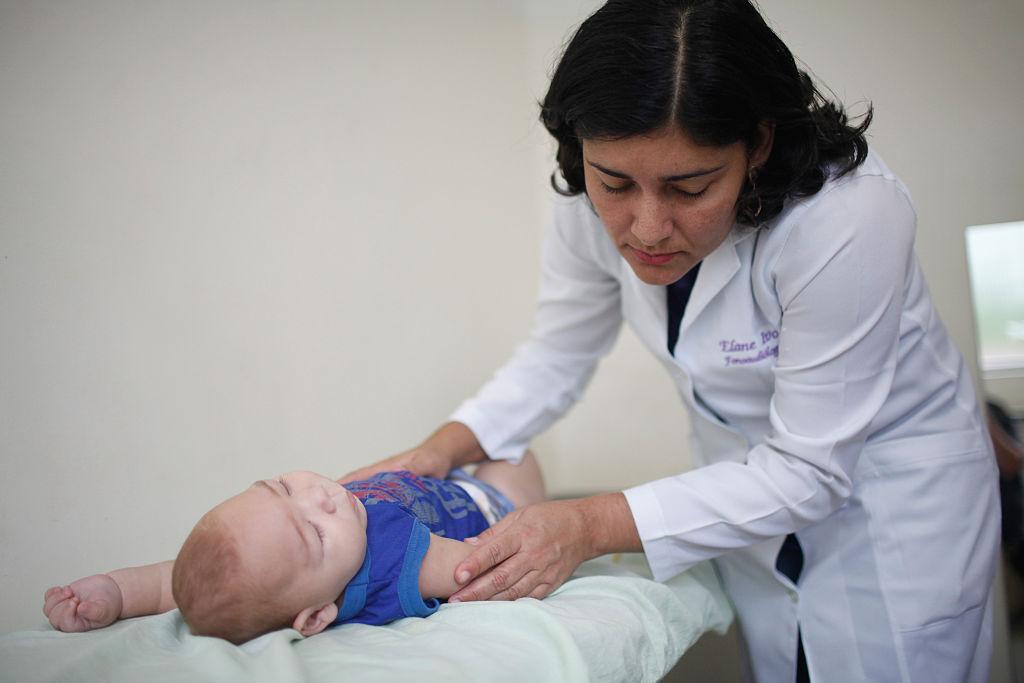TALLAHASSEE, Fla. — Florida confirmed its first Zika-related case of microcephaly, in a child whose mother contracted the virus in Haiti, officials said Tuesday.
In a statement, Republican Gov. Rick Scott called the diagnosis “heartbreaking” and asked federal health experts to talk with Florida medical professionals about what precautions pregnant women should take.
The mother is a Haitian citizen who came to Florida to give birth, and the family would be connected with a state program for infants and toddlers with developmental delays, according to a statement from Florida’s Department of Health.
The extent of Haiti’s Zika outbreak is unknown due to the country’s lack of routine data collection systems. Its health ministry hasn’t reported any Zika-related microcephaly cases, though it has reported about a dozen suspected cases of the neurological disorder Guillain-Barre, including two definitively linked to Zika by lab tests.
The virus is primarily spread by tropical mosquitoes. It’s linked to birth defects, including microcephaly, which causes babies to be born with abnormally small heads and incomplete brain development.
Federal health officials have tracked four babies born in the U.S. with Zika-linked birth defects. The defects were also seen in four other pregnancies that ended in miscarriage, stillbirths and terminations.
All the cases stem from travel primarily Latin America and the Caribbean. There’s been no local spread of Zika in the U.S.
Frustrated by an ongoing federal stalemate over Zika funding, Scott used his emergency powers last week to authorize spending up to $26.2 million to try and stop its spread in Florida.
Senate Democrats, including Bill Nelson of Florida, on Tuesday blocked a GOP proposal to provide $1.1 billion to fight the Zika virus, faulting Republicans for including restrictions on Planned Parenthood money and changes to policies on pesticide spraying. Nelson said that bill was an effort to “further extremist political agendas.”
Republican Florida Rep. Vern Buchanan said in a statement that Senate Democrats were putting “politics ahead of public health.”





